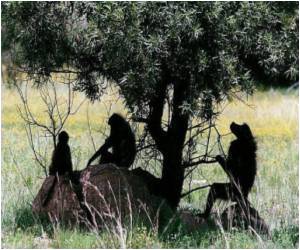The discovery also indicates that H. naledi intentionally deposited bodies of its dead in a remote cave chamber, behaviors previously thought limited to humans.
Anthropologists at New York University (NYU) have recently unearthed a new species of a human relative, called the Homo naledi. H. naledi was uncovered in a cave outside of Johannesburg, South Africa. It sheds light on the diversity of our genus and possibly its origin.
NYU anthropologist Scott Williams said, "This discovery is unprecedented in the sheer number of hominins collected from such a small area in the virtual absence of other animal remains, which makes this site unique. The announcement describes only the tip of the iceberg of analyses that will come and we hope that is also true of the cave itself and the material that it still holds. The discovery also indicates that H. naledi intentionally deposited bodies of its dead in a remote cave chamber, behaviors previously thought limited to humans."
Lee Berger, a research professor in the Evolutionary Studies Institute at the University of the Witwatersrand and a National Geographic Explorer-in-Residence led the research expeditions that recovered the fossils, more than 1,500 bones belonging to at least 15 individuals.
The findings are published in two papers in
eLife.Source-ANI









